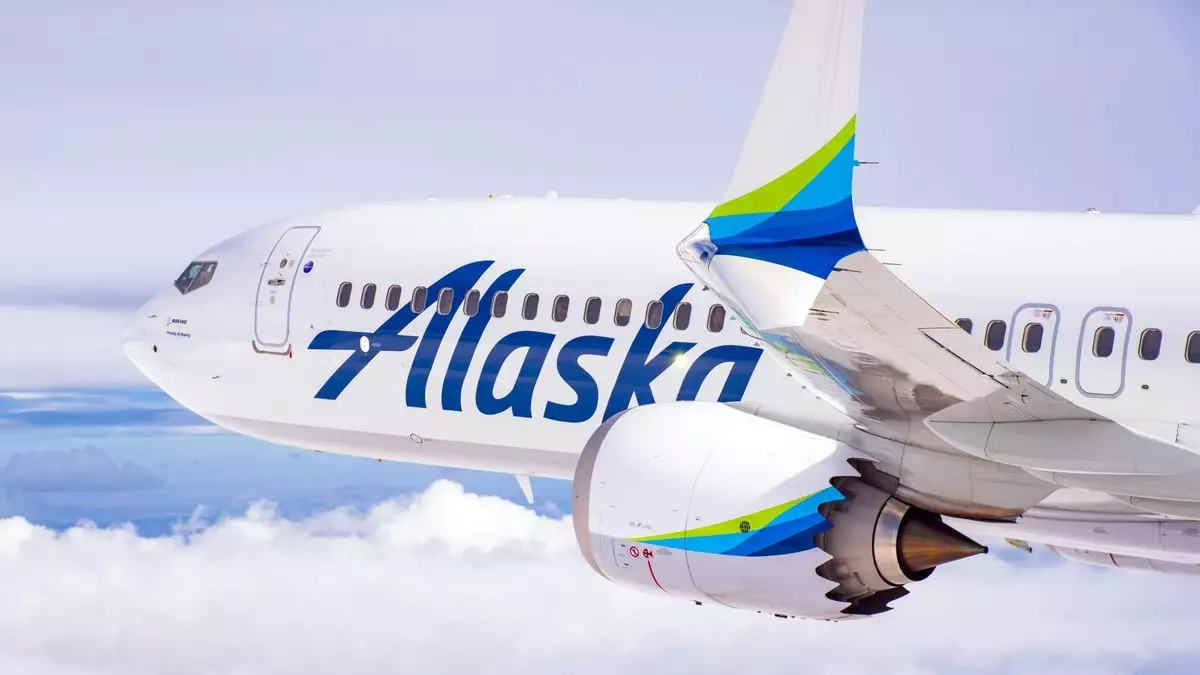The recent strike by Boeing machinists, sparked by a disputed contract between the International Association of Machinists and Aerospace Workers (IAM) and Boeing management, has thrown the production of several key aircraft models into disarray. As this industrial action unfolds, the repercussions are set to be felt most acutely by U.S. airlines, which heavily depend on the timely delivery of Boeing’s 737 Max aircraft for their operational planning. The loss of these acquisitions at a critical juncture could inherently destabilize flight schedules and profitability for these carriers.
Projected Delivery Disruptions
An analysis by Bloomberg Intelligence highlights that Alaska Airlines faces the most significant blow, with expectations of 14 Max aircraft that are now in jeopardy, marking the airline as the most affected entity. In contrast, American Airlines aimed to receive 10 Max planes, while United Airlines anticipated nine deliveries. Collectively, these airlines represent a considerable proportion of the expected imports, underscoring the urgent need for resolution to resume production and deliver the essential aircraft. Though the impact of the strike is profound, it coincides with a natural decline in air travel as summer wanes, which may ease some immediate pressures for the airlines.
Overall, U.S. airlines were projected to grab a total of 39 deliveries of the 737 Max from the 146 forecasts globally. Despite the strike’s potential to delay these deliveries, Bloomberg analysts suggest that 36 aircraft could still be dispatched from existing inventory. Airlines outside the U.S. like Air India and several Chinese entities are predicted to be the primary recipients of these remaining deliveries. This favorable establishment of inventory, coupled with the timing of the strike, might mitigate cumulative supply chain damage within the industry.
The implications of the machinists‘ strike also extend beyond the 737 Max, affecting other Boeing aircraft models like the 777 and 767. FedEx and the U.S. Air Force’s tanker program are both set to endure delays from these disturbances, which underscores the expansive impact of labor disputes in aerospace manufacturing on defense contracts and logistics operations. As negotiations are expected to recommence between union representatives and Boeing management with federal mediators, the industry watches closely, hoping for a swift settlement.
The situation presents a significant crossroads for Boeing and its associated airlines as they navigate the complexities of labor relations and supply chain disruptions. The fragile state of negotiations could ultimately determine not only the pace of aircraft deliveries but also the resilience of U.S. airlines as they adapt to the evolving demands of air travel and operational efficiency. As stakeholders monitor the developments, the need for constructive dialogue remains paramount to stave off long-term fallout that extends beyond aircraft delays into broader economic implications for the aviation sector.


Napsat komentář